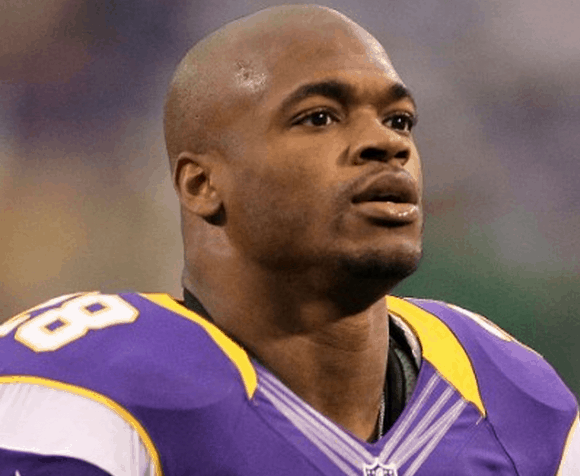
What are you supposed to do when you’re just plain miserable? When you don’t like where you’re at in life, but there’s no end in sight. When there’s little joy coming from your life and maybe also those you do life with?
There’s a good portion of twentysomethings all unsatisfied with where we are and wanting other people’s lives—people who, ironically, are often also unsatisfied with where they are, too. No matter what changes, we still feel unsettled, like things aren’t quite as we would want them. It feels like God is hiding the next step from us.
The thing with this millennial misery is that, half the time, our greatest trial isn’t even that anything awful has happened, but that nothing epic has. We’re convinced our lives are not what they’re supposed to be if they’re just going along uneventfully.
What is it about us that makes us feel like this?
We Have a Wrong Definition of a Meaningful Life
Many of us were raised with world-changer expectations, being constantly told, “you’re unique. You’re going places.” And that may very well be true. We each do have a unique contribution to make, but it might not look like what we typically expect world-changing to look like. We expect people to not only like us, but sing our praises and opportunity to come seeking us out. Significance always feels just out of our reach.
In Psalm 16:4-5, David realizes, “The sorrow of those who run after another god shall multiply … The Lord is my chosen portion and my cup.” He saw the misery of those aimlessly chasing and wandering, looking for meaning. And because he saw that, David didn’t just acknowledge that God could be enough, but chose to live his life in a way that reflected that God was enough and that there was meaning right where God had him. His circumstances and surroundings were not a mark of his lack of value and purpose.
But it’s OK to be a nobody by the world’s standards. In fact, despite our striving and straining, most of us will be. Your greatest challenge isn’t achieving greatness. It’s realizing the greatness in what God is accomplishing in you where you are (which may require you to redefine what greatness really means) and being consistently faithful right there.
We Elevate Changing Circumstances Over Changing Ourselves
We often lack a realistic view of ourselves and, in pride, think we are superior to where/how we are. One of my favorite quotes states that our greatest weakness is our delusions of strength (and quite possibly our delusions of entitlement).
Sometimes, we think so highly of ourselves that we don’t see a need for growth more than a need for a change of scene or more comfortable circumstances. But changing circumstances won’t make any difference if we’re unwilling to change ourselves.
We Miss What Our Misery Is Revealing About Ourselves
Like it or not, our misery turns our hearts to Christ and shines a light on what has actually been holding our love and attention. Lysa TerKeurst puts the idols that tend to control us in three categories: people, possessions and positions.
Speaking on Elijah’s darkest moments shown in 1 Kings 19, Ligon Ducan said:
“God wants us to study our disappointments, because if we’ll look at our disappointments, we’ll see what we love. When the bottom falls out, you will learn things about what you love that you never knew before. And it won’t always be pretty … You’ll learn what you really believe when the bottom falls out—when the crushing disappointments come. And you’ll learn where you really rest—where you really find your fulfillment and satisfaction and security. You’ll find what your real treasure is when the disappointments come. In disappointment and discouragement, we are tempted to forget that God is God and God is good. In disappointment and discouragement, we are tempted to succumb to idolatry. Why? We are tempted to think there is a greater treasure that has been withheld from us or taken away from us—a greater treasure than what God has or can give to us.”
What is our ultimate desire? If our circumstances don’t miraculously change, are we content having nothing besides Christ’s presence, love and intimacy? Could we even dare to find a surpassing joy in that and to find joy in the freedom we have in that moment from anything inferior holding our attention? Or are we going to run after lesser things that won’t satisfy only because they are more tangible, controllable, explainable and tame than learning to know and love the God of the universe?
Francis Chan asks: “Can you worship a God who isn’t obligated to explain His actions to you? Could it be your arrogance that makes you think God owes you an explanation?”
Johnnie Moore, campus pastor at Liberty University during my undergrad, once made a statement that has stuck with me for years. “You think you need answers, but what you need is God.”
Can you pray what David did in Psalm 69:13 and ask, “But as for me, my prayer is to you, O Lord. At an acceptable time, O God, in the abundance of your steadfast love, answer me in your saving faithfulness.” And can you recognize that God’s saving faithfulness might be seen in not giving us what we want because He has bigger desires for us than we have for ourselves? Maybe God wants to do something bigger in us before he wants to do something big through us.






















